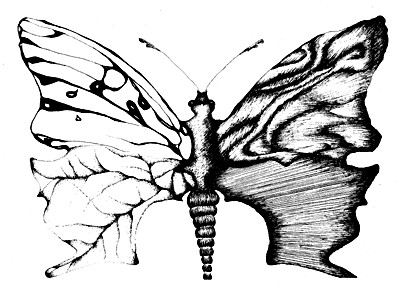All Nonfiction
- Bullying
- Books
- Academic
- Author Interviews
- Celebrity interviews
- College Articles
- College Essays
- Educator of the Year
- Heroes
- Interviews
- Memoir
- Personal Experience
- Sports
- Travel & Culture
All Opinions
- Bullying
- Current Events / Politics
- Discrimination
- Drugs / Alcohol / Smoking
- Entertainment / Celebrities
- Environment
- Love / Relationships
- Movies / Music / TV
- Pop Culture / Trends
- School / College
- Social Issues / Civics
- Spirituality / Religion
- Sports / Hobbies
All Hot Topics
- Bullying
- Community Service
- Environment
- Health
- Letters to the Editor
- Pride & Prejudice
- What Matters
- Back
Summer Guide
- Program Links
- Program Reviews
- Back
College Guide
- College Links
- College Reviews
- College Essays
- College Articles
- Back
Opinion Piece
The novel of Huckleberry Finn should/should not be taught in schools because of its use of the “N” word, Huck’s sense of morality, and Huck and Tom’s treatment of Jim.
People say Huckleberry Finn is one of the greatest novels when it was written, and it is still one of the greatest novels today. It teaches people a variety of things; some of those things being good, and other things being not so good. People debate whether Huckleberry Finn should or should not be taught in school for many different reasons. All of these reasons could be taken in the wrong way, if you do not understand the reading very well.
The main reason Huckleberry Finn should not be taught in schools is because of its use of the “N” word. The “N” word can be very offensive to some people, especially people of that race. Our school is one of those schools that the people would rather not use the “N” word because we are not comfortable saying it. If Huck Finn was taught in schools, especially in younger grades, people might begin to use the “N” word incorrectly. Even if Jim was referred to as something else such as slave, the story would not have the same effect to some students and adults who would want to read it.
Huck was raised back when whites were taught that they were superior to blacks. If Huckleberry Finn was still taught in schools, it could give some students ideas that it is alright to treat people that way. Also when Huck was younger, he was taught that blacks didn’t have feelings, or if they did, they could not feel the same way as whites do. Even though that is not true, some students reading this book in school might not understand the concept that all races are equal to each other.
The last reason why Huck Finn should not be taught in school is because of Huck and Tom’s treatment of Jim. Huck and Tom, although they are just trying to have adventures, do not realize how they are treating Jim. Even though, Jim has escaped from slavery, they treat him like he could be a slave yet. This is not correct because blacks are very much equal to whites, and they should be treated like this too. Some people might not understand that Tom and Huck were only doing this because this is what they learned from their parents and this was how they were raised.
There is nothing wrong with Huckleberry Finn being taught in schools, but if it is going to be read in school, the teacher would need to spend at least a day explaining why all of these things happen. The teacher would also have to explain that it is not correct to do any of these things because everyone is equal, no matter what race you are. So it alright if the novel is taught in school, but the students needs to be taught these things first.
In saying all of this, Huck Finn should not be taught in schools. It does have some good meanings behind it, but some people in school might only look at the bad side of the book rather than the good side, and learning new things that they should not be learning. If you want to read the book and you are still in school, you can go right ahead, but you must also keep in mind that Huck Finn was written during the Civil War, a time period where whites thought they were superior to blacks, and that blacks could not have the same feelings as whites.

Similar Articles
JOIN THE DISCUSSION
This article has 0 comments.
